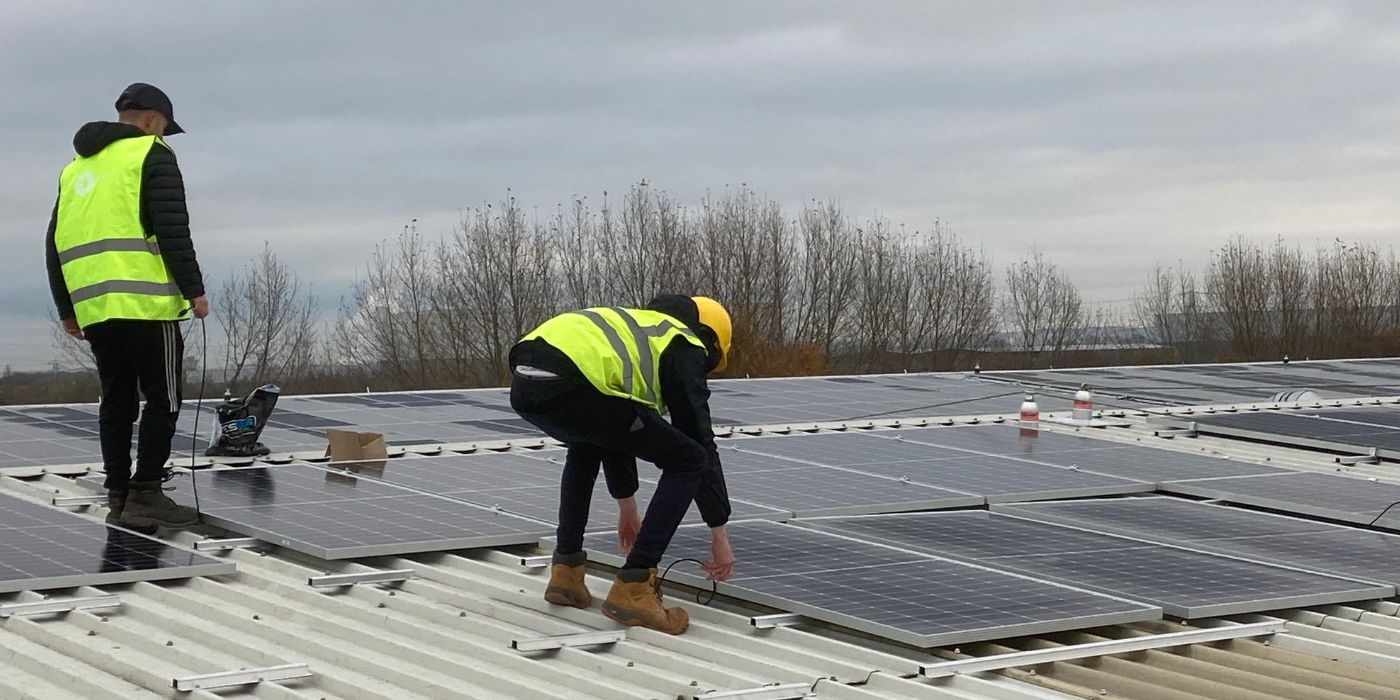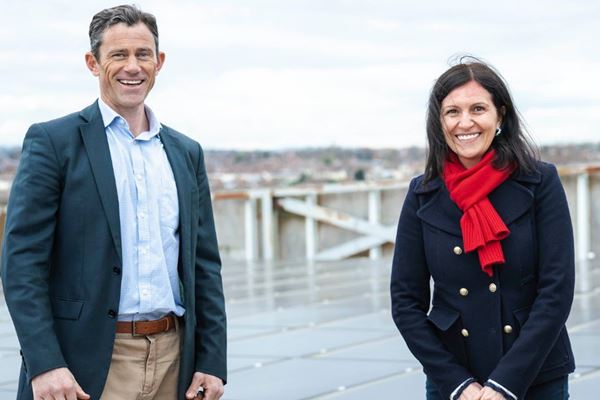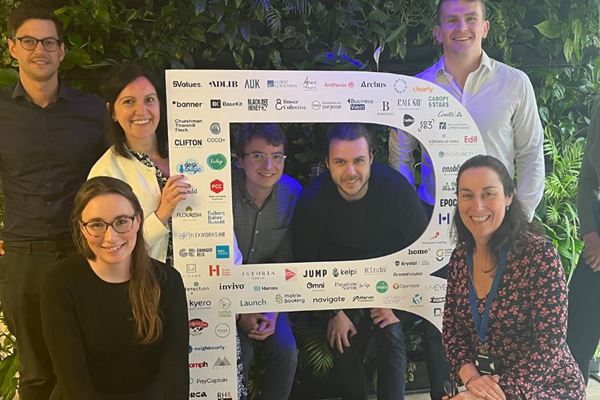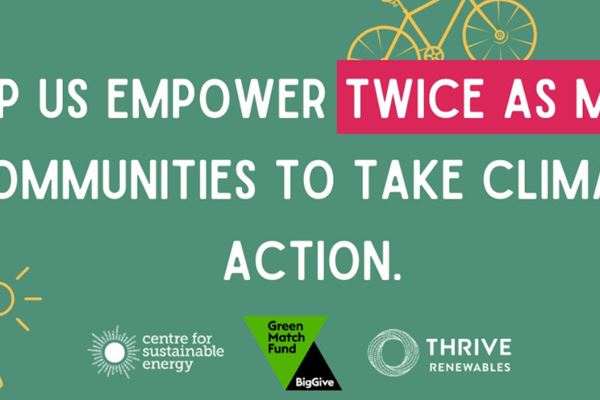News
Thrive partners with Eden Sustainable on solar accelerator facility aiming to fund up to 75MW of new ‘direct wire’ solar projects
We’re working together to install rooftop and ground mount solar on schools and businesses across the UK.
Posted: 23 Apr 2024




